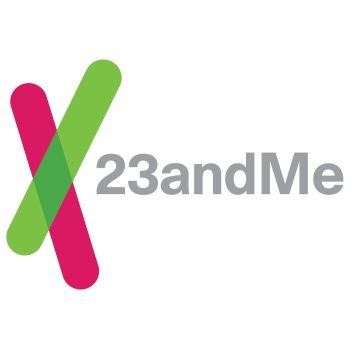Editor’s note: This post has been altered from the original. The slides from the presentation have been removed.
23andMe, like many others, believes that individuals have a right to access their own genetic information and that personal genetics will pave the way for significant advances in healthcare. These beliefs fueled the development of our direct access Personal Genome Service ® and 23andWe, our web-based, participant-driven research platform. As for any other new industry

or technology, however, there are concerns about the validity, accuracy, and applicability of the services and information that companies in the direct-to-consumer genetic testing industry provide. 23andMe supports thoughtful regulation that ensures consumers receive high quality information and enables, rather than inhibits, innovation.
Over the next two days, the FDA is hosting an Advisory Panel Meeting to address a number of questions related to clinical genetic tests that are marketed and provided directly to consumers. The FDA will be hearing the ideas and perspectives primarily of the Molecular and Clinical Genetics Panel of the Medical Devices Advisory Committee, which include voting members and temporary members added for this meeting. In addition, the FDA has invited several speakers to present background information and their views on this topic, and has provided for one hour each day for public comment.
It is during the public comment period that 23andMe will be giving two presentations. This afternoon, 23andMe’s General Counsel Ashley Gould will speak about our position on the subject matter the panel will be addressing as well as our broad requests for the panel’s consideration. 23andMe’s Senior Director of Regulatory Affairs & Quality Assurance, Rose Romeo, will present tomorrow afternoon on considerations for risk mitigation and thoughts on regulatory frameworks moving forward. Slides from both of their presentations can be viewed below. The agenda and other background material are available at the FDA website, including public comments.
Much of the complexity in discussing regulation of genetic testing stems from the brisk evolution of technologies in this area. The first draft sequence of the human genome was first published only 10 years ago, and companies are now sequencing full genomes on demand at increasingly affordable prices. In our presentations, we take the position that all genetic testing services, whether ordered by a physician or offered through direct access, should adhere to the same standards. We simultaneously request that the FDA consider redefining and establishing regulatory standards, including some fundamental definitions, to accommodate large-scale genetic testing and support innovation of its technologies and applications. We also request that regulation be based upon evidence and not fear of potential harm to individuals which, to date, has not been demonstrated. In fact, growing numbers of participating individuals and independent studies focused on this issue provide preliminary evidence that the vast majority of people understand the information presented and experience no significant negative effects.
23andMe has been proactively collaborating with the FDA and remains committed to finding a path forward that benefits everyone. The addition of Rose Romeo to our team, who has extensive regulatory experience and is eager to help us forge that path, attests to the strength of that commitment. We look forward to working together with a wide variety of agencies, organizations, and the medical community at large to establish the regulatory and functional frameworks that will ensure consumers and healthcare professionals have access to genetic information that is clear, useful, and engaging.



